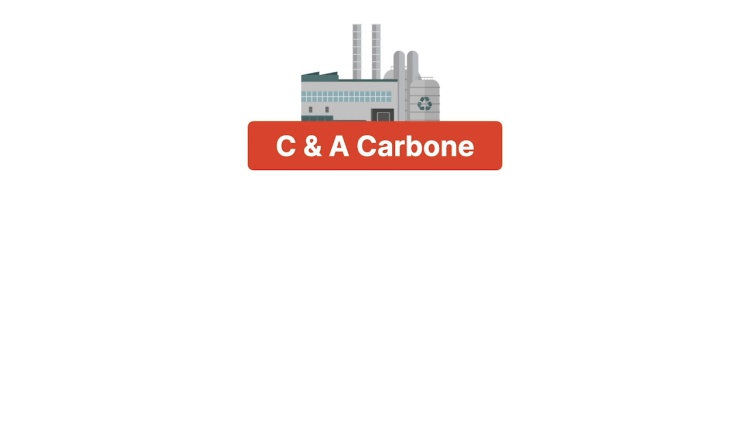C & A Carbone, Inc. v. Town of Clarkstown, New York
United States Supreme Court
511 U.S. 383, 114 S. Ct. 1677, 128 L. Ed. 2d 399 (1994)
- Written by Megan Petersen, JD
Facts
In 1989, the Town of Clarkstown, New York (plaintiff) entered into an agreement with the New York State Department of Environmental Conservation. The agreement stated that Clarkstown would close its current landfill and hire a private contractor to build a new waste-processing facility. To help pay for the cost of the new facility, Clarkstown enacted a flow-control ordinance that required all solid waste to be processed at the new facility before leaving the municipality for a fee of $81 per ton of waste processed. The fee was paid to the contractor to offset the cost of building the facility. C & A Carbone (Carbone) (defendant) operated a competing waste-processing plant in Clarkstown. Although the flow-control ordinance allowed Carbone to continue operating, it required Carbone to ship all nonrecyclable waste to the Clarkstown facility and pay the $81 fee. In 1991, a tractor-trailer owned by Carbone crashed, and police discovered it was illegally transporting solid waste to an Indiana landfill to avoid paying the fee at the Clarkstown plant. The town sought an injunction requiring Carbone to ship its waste to the town facility. In state court Carbone then challenged the flow-control ordinance on the grounds that it violated the Commerce Clause. The court ruled in favor of Carbone and placed an injunction on enforcement of the ordinance. The New York Court of Appeals reversed and ruled in favor of Clarkstown. The United States Supreme Court granted certiorari.
Rule of Law
Issue
Holding and Reasoning (Kennedy, J.)
Concurrence (O’Connor, J.)
Dissent (Souter, J.)
What to do next…
Here's why 908,000 law students have relied on our case briefs:
- Written by law professors and practitioners, not other law students. 47,100 briefs, keyed to 997 casebooks. Top-notch customer support.
- The right amount of information, includes the facts, issues, rule of law, holding and reasoning, and any concurrences and dissents.
- Access in your classes, works on your mobile and tablet. Massive library of related video lessons and high quality multiple-choice questions.
- Easy to use, uniform format for every case brief. Written in plain English, not in legalese. Our briefs summarize and simplify; they don’t just repeat the court’s language.





